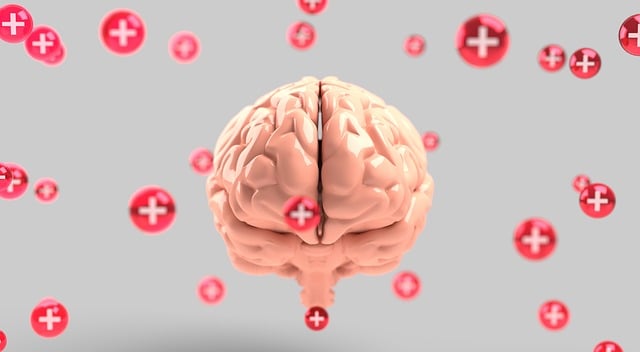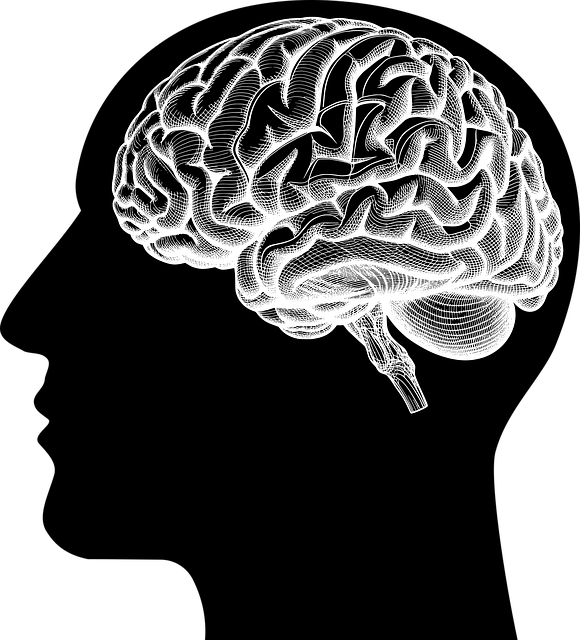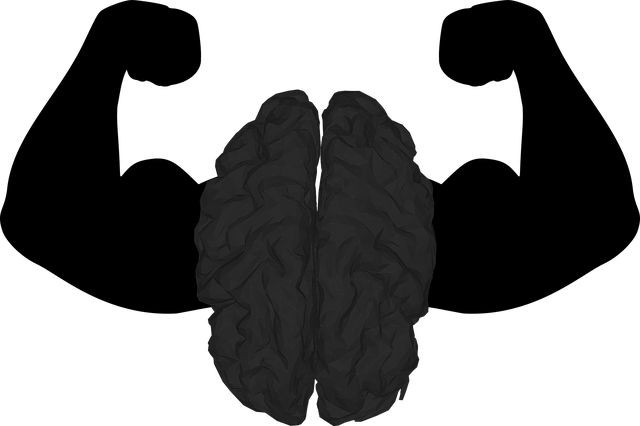Northglenn Neuro Disorders Therapy (NNDT) emphasizes resilience as a cornerstone of emotional well-being, using the RFM framework (Resources, Fortitude, Mobility) to empower clients facing neurodisorders. Through tailored sessions combining evidence-based techniques and compassionate practices like Compassion Cultivation and Mindfulness, NNDT equips individuals with tools for stress management, emotional regulation, and effective coping. Their programs transform lives by fostering resilience, offering education, realistic goal-setting, and a supportive community for improved mental health outcomes.
Resilience is a powerful tool for navigating life’s challenges, and the RFM (Recovery, Flexibility, and Mastery) framework offers a structured approach to building this strength. This article explores how Northglenn Neuro Disorders Therapy leverages RFM techniques to empower individuals. We’ll delve into the core concepts of RFM, the therapy’s role in fostering resilience, and various exercises designed to strengthen these skills. Additionally, we provide a step-by-step guide for implementing RFM techniques, offering valuable insights from Northglenn Neuro Disorders Therapy experts.
- Understanding RFM: A Framework for Resilience
- The Role of Northglenn Neuro Disorders Therapy in Building Resilience
- Different Types of Resilience-Building Exercises
- Implementing RFM Techniques: A Step-by-Step Guide
Understanding RFM: A Framework for Resilience

Resilience is a critical component of emotional well-being, enabling individuals to navigate life’s challenges and setbacks with flexibility and strength. At Northglenn Neuro Disorders Therapy, we recognize that building resilience isn’t merely about facing adversity; it’s about cultivating inner strength and developing effective coping mechanisms. The RFM (Resource, Fortitude, and Mobility) framework serves as a powerful tool in this process.
Resources, in the context of RFM, refer to an individual’s access to support systems, knowledge, and skills that can aid in overcoming obstacles. Fortitude represents resilience and the ability to persevere through difficulties, while mobility signifies the capacity to adapt and grow from challenging experiences. Through a combination of tailored therapy sessions and evidence-based conflict resolution techniques, Northglenn Neuro Disorders Therapy helps individuals build upon these three pillars, fostering true emotional resilience that can transform their lives.
The Role of Northglenn Neuro Disorders Therapy in Building Resilience

Northglenn Neuro Disorders Therapy plays a pivotal role in fostering resilience among individuals facing various challenges, including neurodisorders. This specialized therapy organization offers tailored programs designed to build inner strength and coping mechanisms, empowering clients to navigate life’s storms with greater agility. Through evidence-based practices, their trained professionals guide individuals in developing effective stress management strategies, enhancing emotional regulation, and cultivating a sense of control over their mental health.
By participating in Northglenn Neuro Disorders Therapy’s workshops and exercises, clients gain valuable tools for managing stress and adversity. These sessions encourage self-discovery, promote healthy coping mechanisms, and foster a community of support—all essential components in building resilience. The organization’s commitment to supporting mental health professionals through risk assessment initiatives further underscores its dedication to creating a more resilient and supportive network within the industry.
Different Types of Resilience-Building Exercises

Resilience-building exercises come in various forms, each designed to help individuals navigate life’s challenges with greater ease and flexibility. At Northglenn Neuro Disorders Therapy, we offer a range of practices tailored to cater to different preferences and needs. One popular method is Compassion Cultivation Practices (CCP), which focuses on fostering empathy and understanding towards oneself and others. These practices have been shown to enhance emotional intelligence, a key component in managing stress and adversity effectively.
Additionally, our Mental Health Education Programs Design incorporates mindfulness exercises that help individuals develop a stronger connection with their thoughts and emotions. By cultivating awareness, participants learn to respond rather than react to stressful situations, thereby improving their overall resilience. Emotional Intelligence plays a pivotal role here as it enables better understanding of one’s own emotional triggers and those of others, fostering healthier interactions and relationships.
Implementing RFM Techniques: A Step-by-Step Guide

Implementing RFM (Resilience, Flexibility, and Mindfulness) techniques can be a game-changer for individuals dealing with neuro disorders, such as those sought out by Northglenn Neuro Disorders Therapy. Here’s a step-by-step guide to help you navigate this transformative journey:
1. Educate Yourself: Begin by understanding the fundamentals of RFM practices. Learn about mindfulness meditation, breathing exercises, and stress reduction methods tailored for your specific neuro disorder. Northglenn Neuro Disorders Therapy offers comprehensive resources and workshops to kickstart your learning process.
2. Set Realistic Goals: Define achievable milestones for your resilience-building journey. Start small, focusing on manageable tasks, and gradually increase the intensity as you become more comfortable. This structured approach fosters a sense of accomplishment and keeps you motivated, especially when managing anxiety or stress.
3. Practice Mindfulness Daily: Incorporate mindfulness exercises into your daily routine. Simple practices like body scans, mindful walking, or eating without distractions can make a significant impact on your overall well-being. These activities help to calm the mind, reduce rumination, and improve focus, ultimately enhancing your ability to cope with challenging situations.
4. Develop Communication Strategies: Effective communication is a vital tool for managing neuro disorders. Learn techniques to express your needs, manage conversations, and navigate social interactions with ease. This step can significantly alleviate anxiety in various settings, promoting better mental health outcomes.
5. Engage in Physical Activity: Regular exercise is not only beneficial for physical health but also plays a crucial role in stress reduction methods. Find an activity you enjoy, whether it’s yoga, swimming, or hiking, and make it a regular part of your routine. This natural anxiety relief approach can complement your RFM practices effectively.
In conclusion, Northglenn Neuro Disorders Therapy plays a pivotal role in fostering resilience through its Understanding RFM approach. By employing various resilience-building exercises and practical techniques, individuals can significantly enhance their ability to navigate challenges. The step-by-step guide provided offers a structured path for implementing these strategies effectively. Embracing RFM not only empowers folks to overcome adversity but also paves the way for a more robust and fulfilling life.









